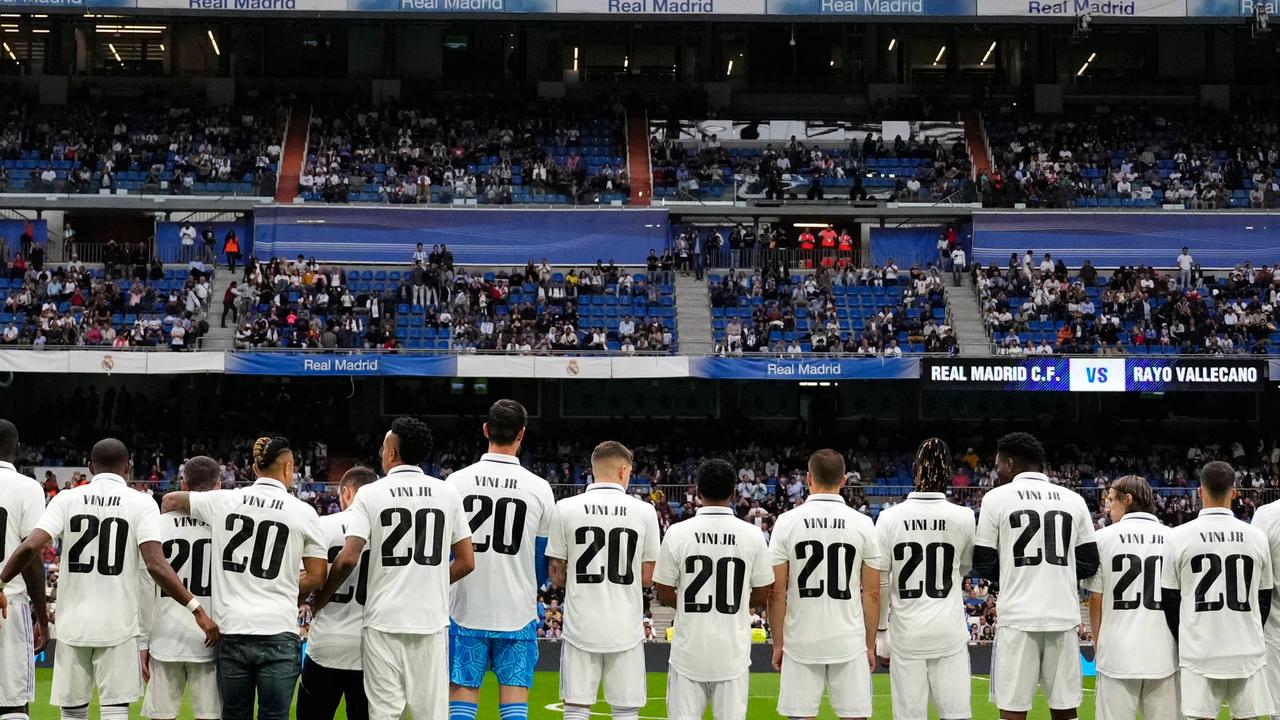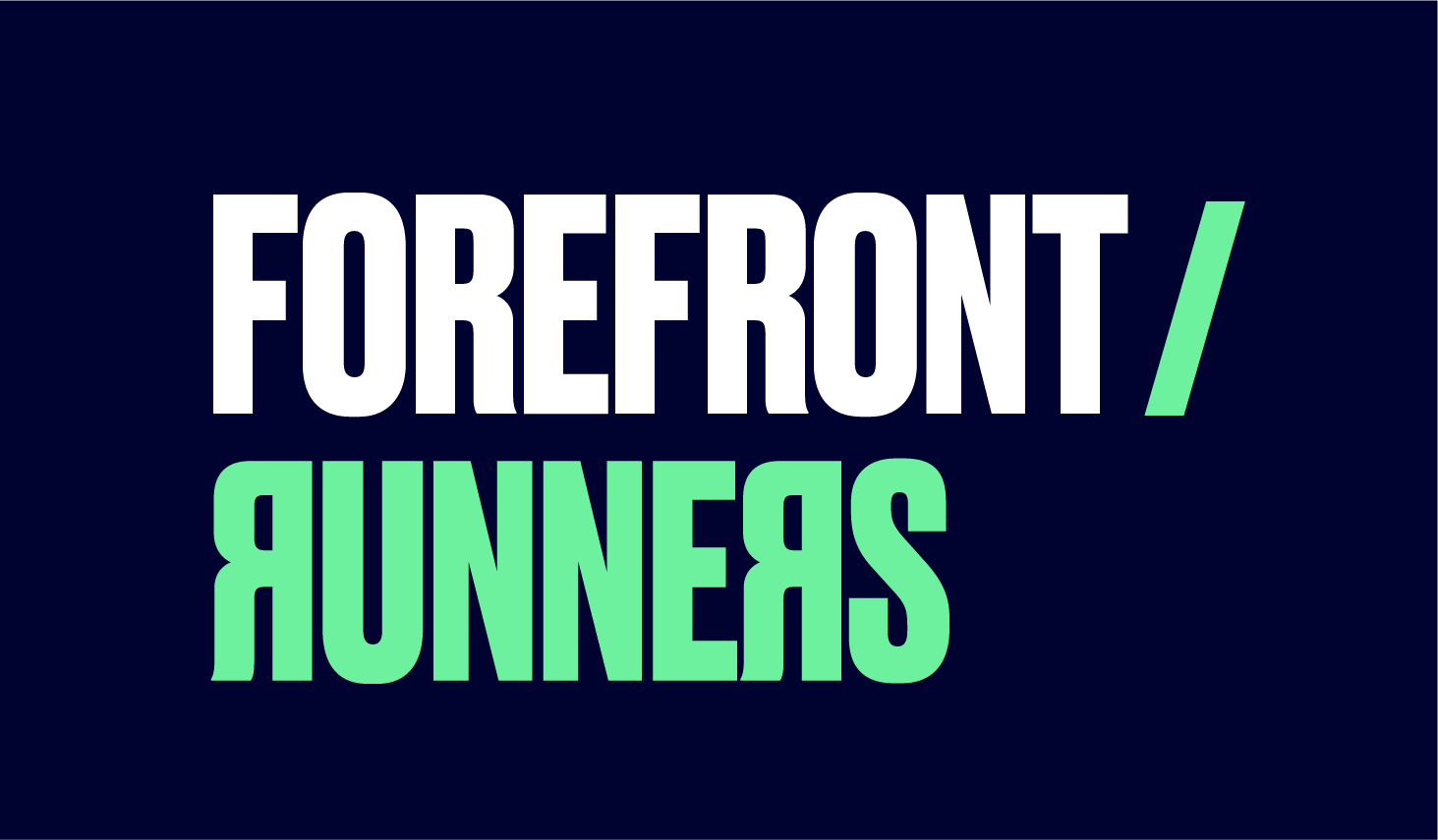“We are all Vinicius” - The Impact of Racism on Athlete Endorsements: Understanding the Challenges.

Following up Vínícius Jr suffering another racist abuse in Valencia, today I'll write about how racism can have a significant impact on athlete endorsements in several ways.
Here are a few ways in which racism can affect athlete endorsements:
Limited Opportunities: Racism can result in limited opportunities for athletes of certain racial or ethnic backgrounds to secure endorsements. Companies may be less inclined to endorse athletes from marginalized communities due to prejudices or biases, thereby limiting their access to endorsement deals.
Stereotyping and Bias: Athletes of different racial or ethnic backgrounds may face stereotypes or biased perceptions that can hinder their endorsement potential. Negative stereotypes or biases can influence companies' decisions, leading to unequal opportunities and a lack of representation in endorsement deals.
Media Coverage: Media coverage plays a crucial role in shaping public opinion and driving endorsement opportunities. Racism within the media can result in biased reporting, unequal representation, or underrepresentation of athletes from marginalized communities. This can impact their visibility, popularity, and ultimately, their endorsement potential.
Brand Image Concerns: Companies often consider the potential impact on their brand image when selecting athletes for endorsements. If a company fears backlash or negative public perception due to associations with athletes who have experienced racism or spoken out against racial injustice, they may hesitate to enter endorsement deals with those individuals.
Endorsement Valuations: Racism can also impact the valuation of endorsements for athletes. Athletes who face racism may receive lower endorsement offers compared to their counterparts from privileged backgrounds, despite their comparable talent, achievements, or marketability. This disparity in valuation can be influenced by systemic biases and discrimination.
It's important to note that the impact of racism on athlete endorsements can vary depending on factors such as the athlete's profile, public sentiment, societal awareness, and the company's commitment to diversity and inclusion. Efforts are being made within the sports industry to address these issues, promote inclusivity, and provide equal endorsement opportunities for athletes from all racial and ethnic backgrounds.
While racism generally has negative impacts on athlete endorsements, it is important to note that there are instances where the opposite can occur and athletes can benefit from combating racism.
Here are a few scenarios where combating racism can have a positive impact on athlete endorsements:
Empowerment and Authenticity: Athletes who take a stand against racism and actively promote inclusivity and social justice can garner increased support and admiration from fans and consumers. By using their platform to address racial issues, athletes can build a strong and loyal fan base, which in turn can attract endorsement opportunities from companies seeking to align with social causes and promote diversity.
Increased Marketability: Athletes who actively challenge racism and contribute to creating positive change can enhance their marketability. Companies seeking to appeal to diverse audiences may be more inclined to endorse athletes who have demonstrated a commitment to inclusivity and social justice. Such athletes can be seen as role models and inspire consumer loyalty, leading to endorsement opportunities with brands that share their values.
Broadened Appeal: Athletes who break down racial barriers and achieve remarkable success in their respective sports can transcend racial boundaries and capture a broader fan base. These athletes become symbols of inspiration and can attract endorsement opportunities from a wide range of companies looking to reach diverse audiences. Their achievements and impact can resonate with people from all backgrounds and cultures.
Social Media Influence: In the age of social media, athletes have direct access to their fans and can leverage platforms to address racism and promote inclusivity. By utilizing their social media presence to advocate for positive change, athletes can raise awareness, engage with fans, and create a positive image that can attract endorsement opportunities from brands seeking to align with socially conscious individuals.
Partnerships with Socially Conscious Brands: Athletes who actively combat racism can forge partnerships with socially conscious brands that prioritize diversity and inclusion. These brands may seek out athletes who are aligned with their values and initiatives, resulting in endorsement opportunities that not only provide financial benefits but also allow athletes to contribute to meaningful social causes.
It is important to acknowledge that addressing racism in athlete endorsements requires comprehensive efforts. The industry must actively promote diversity, inclusivity, and equal opportunities for athletes from all racial and ethnic backgrounds to ensure lasting change. By tackling systemic challenges and biases, the sports industry can create a fair and equitable endorsement landscape for athletes.
